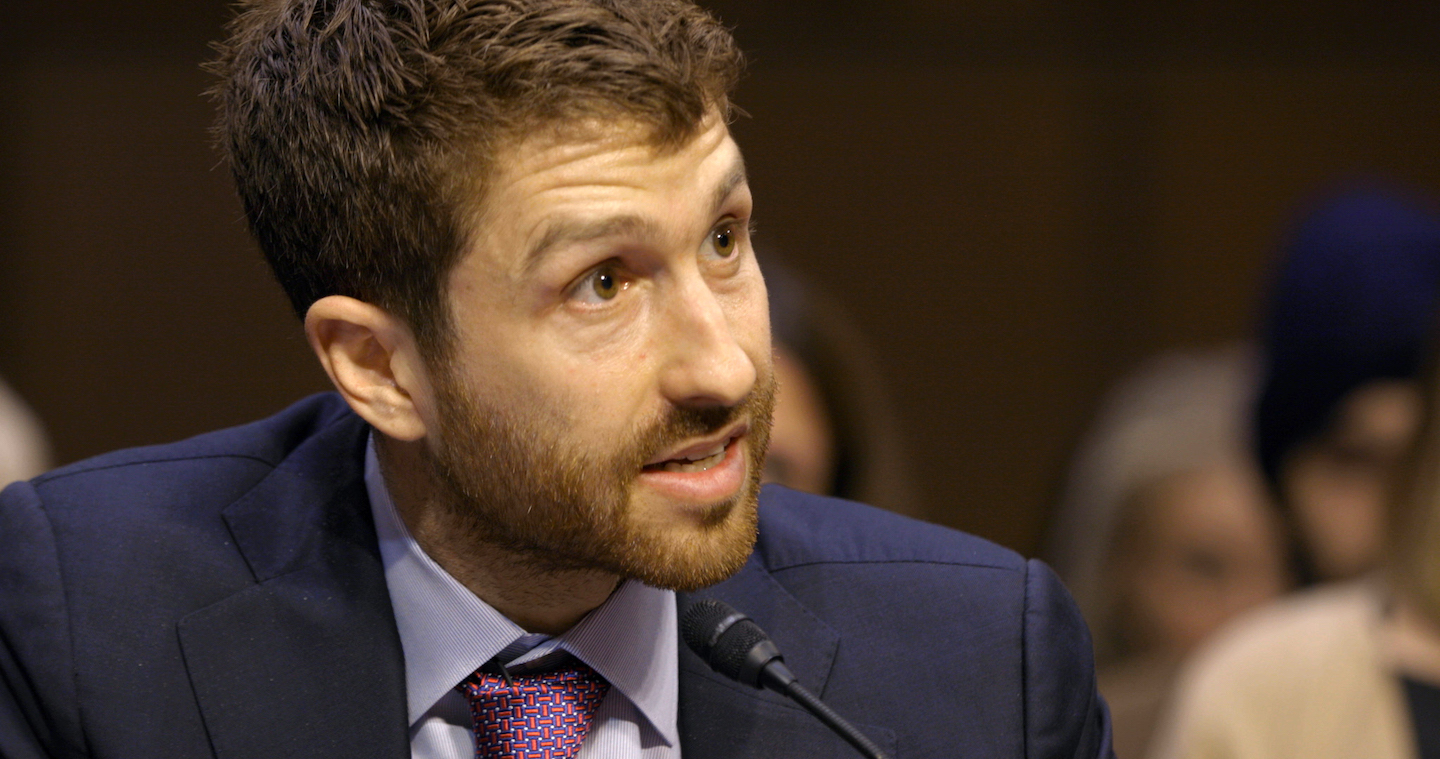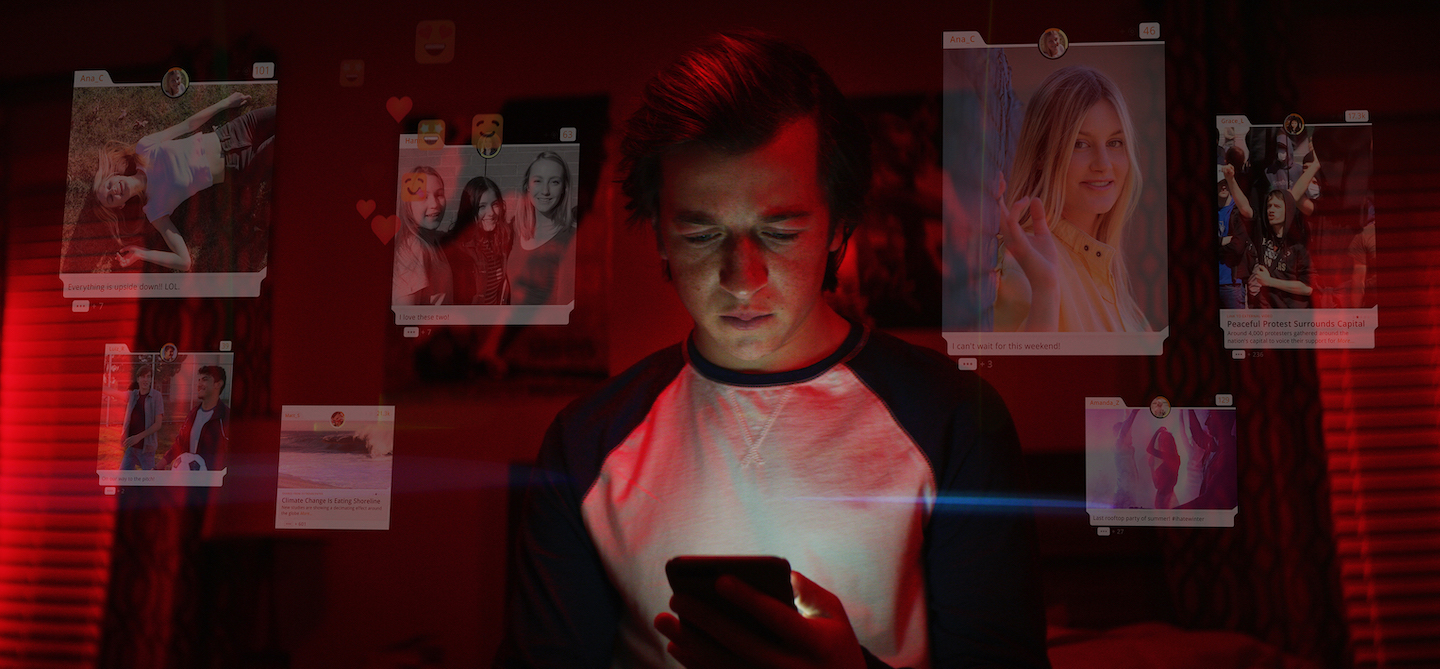‘The Social Dilemma’: Social Media Experts Fear ‘Civil War’
In Netflix‘s documentary, The Social Dilemma, some of Silicon Valley’s former top employees have devastating things to say about the current state of social media. Why does one ex-executive featured in The Social Dilemma fear civil war?
Quotes from the Netflix documentary movie ‘The Social Dilemma’ are downright horrifying

The Social Dilemma addresses several of the issues associated with social media use; depression, anxiety, and self-harm are all growing issues among teens, for example.
But one of the most significant — and terrifying — points the experts in the Netflix documentary make is about a phrase you’ve probably heard too much of over the last few years: fake news.
Tristan Harris, who used to work for Google and co-founded a company called the Center for Humane Technology, is a main contributor to The Social Dilemma. He and other former Silicon Valley executives are increasingly concerned about the viral spread of fake news on social media platforms. Websites like Facebook and Twitter have essentially no incentive to cease the wildfire-like spread of false information — because fake news tends to get more engagement than real news.
On Twitter, as Harris points out, false news travels at a rate 6 times faster than actual journalism.
‘The Social Dilemma’ casts a negative light on Silicon Valley
These websites also employ algorithms that are really good — and getting better each day — at predicting what type of content will keep you engaged, and therefore, will keep you on the app as long as possible.
Once the app discovers what you’re interested in, it’ll keep showing you more images, links, and videos that further solidify your beliefs and opinions.
That’s why, the ex-execs argue in The Social Dilemma, the two sides of the political spectrum are moving further and further apart. Both sides look at their own social media feeds, and can’t believe that anyone would think another way — because their feeds keep, well, feeding into their own political opinions.
The former tech employees interviewed in The Social Dilemma have haunting predictions for the future.
Tim Kendall, who used to work at Facebook, and later Pinterest, revealed the thing he’s most concerned about — in “shortest time horizon” — in other words, its not a long-term fear: “civil war.”
In the Netflix documentary, tech experts review the possible solutions to the problem
So, what do we do to avoid a potential civil war?
As the former Silicon Valley employees argue in The Social Dilemma, change has to come from the top-down. Most of them understand it was never in anyone’s interest to be “evil” — it’s mainly about the “business model.”
Justin Rosenstein, a former Google engineer and the co-creator of the “Like” button at Facebook, said that he and the team wanted to “spread positivity and love in the world.”
“The idea that … teens would be getting depressed when they don’t have enough likes … was nowhere on our radar,” he explained.
But that’s happened — and it’s extremely difficult to correct for now.
“You can’t, in practice, put the genie back in the bottle…” said Alex Roetter, former Senior VP of Engineering at Twitter, in The Social Dilemma. “At the end of the day, you’ve gotta grow revenue and usage quarter over quarter.” The larger and more successful these companies get, the more difficult any of this will be to alter.
We need regulations — but until then: be careful what you watch online
However, giving up isn’t the answer, either.

Some experts in The Social Dilemma suggest regulations – like the U.S. already has on phone companies. Phone companies, like these tech giants, have access to large amounts of personal data — but there are limits on what those companies can do with the data. That kind of thing could be applied to corporations like Google and Facebook.
Joe Toscano, who used to be an experience design consultant at Google, believes the government needs to give companies a “fiscal reason to not acquire every piece of data on the planet.”
Until then, it’s in the companies’ best interest to have — and exploit that data.


